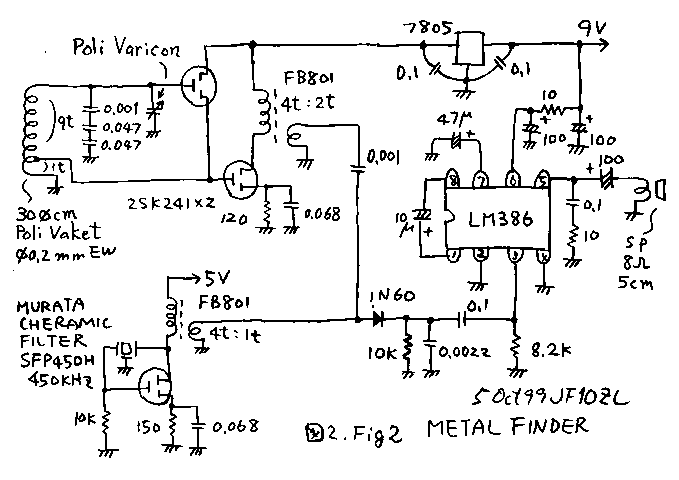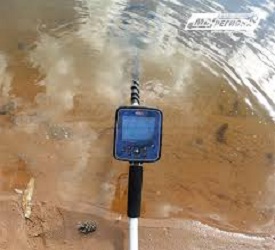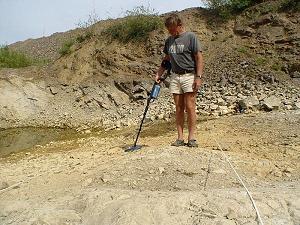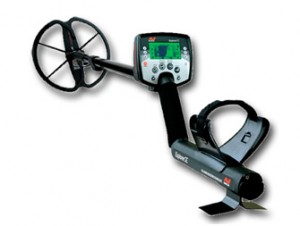What is the best way to clean your coins? In the category Ancient coins more articles and learn more information about What is the best way to clean your coins? Reviews Price Specifications Features Image manuals videos Accessories All this in metal detectors for gold.
The best way to clean your coins is not to clean them. When people want to sell their old coins, they want to make the coins look as beautiful as possible to get a good price. This may apply to cars, bikes or smartphones, but not to coins. For older coins, signs of aging and distortion can increase the value of a coin and make it more attractive to collectors.
Coins are valued by collectors based on a number of different factors, ranging from the scarcity of the currency, the date, the minting of the currency in which it was produced, and of course the status of the coin. The condition is not about dirt or dirt, but about potential damage. Many collectors even want patina to appear on coins. This is a kind of green layer that has formed on coins/metals over the years. You should never clean old coins yourself, as removing the patina can significantly affect the value of the coin. Cleaning causes 99 percent of coins to lose their value.
If you still want to clean your coins, you should just rinse your collection with a soft brush and water. It is very important not to dry the coins with a cloth, as friction can remove small parts of the engraving.
What is the best way to clean your coins?
Cleaning coins is a delicate process, and it’s important to approach it with caution to avoid damaging the coins and preserving their historical or numismatic value. In general, it’s often recommended not to clean coins, especially if they have numismatic or collector’s value, as cleaning can diminish their condition. However, if you have common coins or those in circulation that you want to clean, here are some gentle methods:
Mild Cleaning Methods
Warm Soapy Water
Fill a bowl with warm (not hot) water and add a small amount of mild dish soap.
Gently immerse the coins and let them soak for a few minutes.
Use a soft toothbrush or your fingers to gently brush away dirt or residue.
Rinse the coins thoroughly with clean water and pat them dry with a soft cloth.
Olive Oil Bath
Place the coins in a small dish and cover them with olive oil.
Let the coins soak for a few hours or overnight.
Remove the coins and gently wipe away the oil with a soft cloth.
Baking Soda Paste
Make a paste by mixing baking soda with water until it forms a thick consistency.
Gently rub the paste onto the coins using a soft cloth or a soft toothbrush.
Rinse the coins thoroughly with clean water and pat them dry.
Avoid Harsh Cleaning Methods
Metal Polish or Abrasive Cleaners
Avoid using metal polish or abrasive cleaners, as they can scratch and damage the surface of the coins.
Vinegar or Lemon Juice
Acidic substances like vinegar or lemon juice can corrode coins over time, so it’s best to avoid using them for cleaning.
Rubbing or Buffing
Avoid rubbing or buffing coins with abrasive materials, as this can cause scratches and wear.
Ultrasonic Cleaners
Ultrasonic cleaners are not recommended for coins, as they can cause damage and may remove the patina.
Tips for Preserving Value
Handle with Gloves
Wear cotton gloves to avoid leaving oils or fingerprints on the coins.
Minimal Handling:
Minimize handling of coins, especially valuable or rare ones, to prevent wear.
Consult Professionals
If you have valuable or ancient coins, consider consulting a professional coin conservator or numismatist before attempting any cleaning.
Always remember that cleaning coins can impact their value, and in many cases, it’s best to leave them in their natural state. If you have coins with historical or collector’s value, it’s advisable to consult with experts before attempting any cleaning to avoid unintentional damage.
Related Articles
- Hand-held Smart Sensor AR-911 Metal Detector
- Security of hand held metal detectors, making sure that you enjoy your nigh
- latest metal detectors
- طريقة استخدام اسياخ النحاس للبحث عن الذهب
- Why you cant find anything with a metal detector
- ground metal detection
- C.Scope 5MX metal detector video
- Methods of gold extraction
- TOP DETECTOR 2012 METAL DETECTOR
- The ancient Egyptians wore rings on the legs















